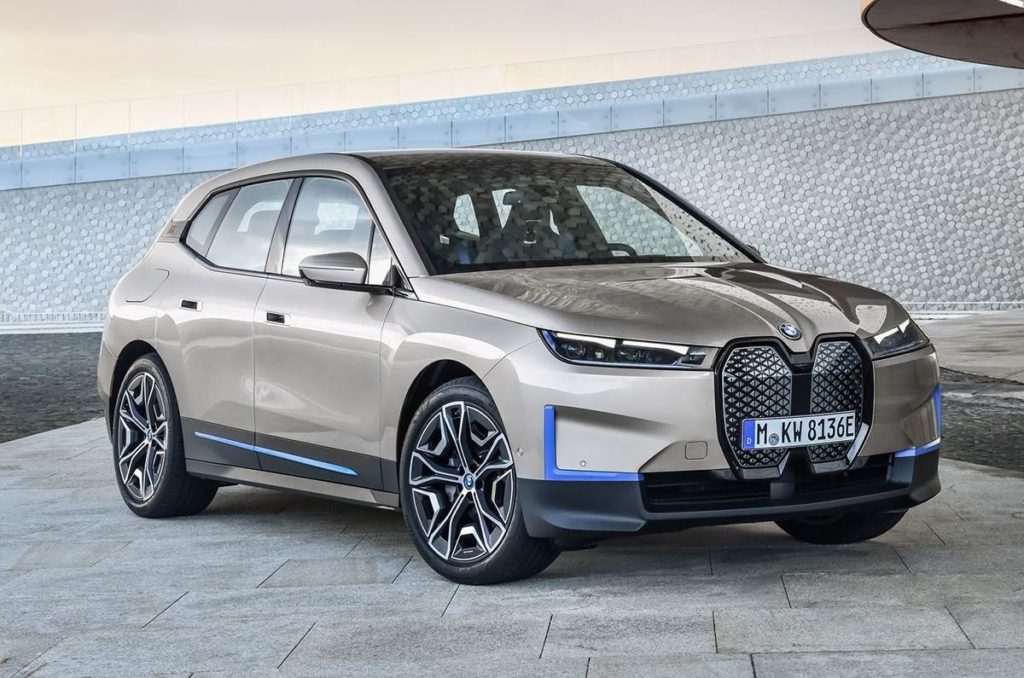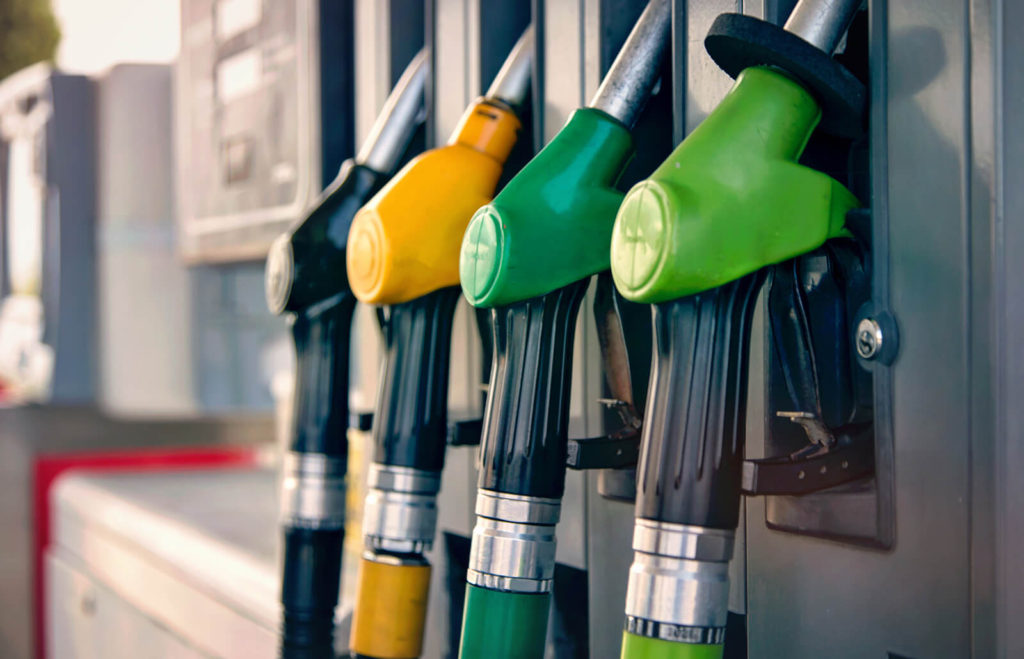For many people, shopping for your next car is an exciting prospect. Getting a car is one of the biggest purchases you will make in life, so it’s important that you get it right. It can be hard to know which car to get, especially if you’re shopping for your first car. However, there are a few ways in which you can decide which car is best for you. You should consider whether you are wanting a new or used car, which fuel type, your budget, how much space you need and how often you’ll use the vehicle. Let’s take a closer look at the blog below.
New vs Used

Typically, whether you are looking for new or used depends on your budget for a car. In general, used cars tend to be less expensive and can be more budget-friendly if you are buying with cash. New cars tend to be more expensive, but can be affordable with finance options. It can be really exciting getting a shiny new car, but you may be put off by the rate of depreciation. New cars depreciate the most in the first year of ownership, and some cars can depreciate as much as 50% in the first three years. Used cars on the other hand have a slower depreciation rate. Some drivers may also be worried about used cars needing more maintenance as they are older. New cars on the other hand tend to have less repairs and also benefit from warranties if anything should go wrong.
Fuel Type

Drivers in the UK have more choices than ever when it comes to fuel type. You can now choose from both new and used diesel, petrol, hybrid, or electric vehicles. The fuel type you choose can depend on your requirements. Diesel cars tend to be better for longer journeys, but diesel has been criticised for their harmful impact on the environment. Due to this, the sale of new petrol and diesel cars will be banned from 2030. Electric cars have been criticised for how expensive they are to buy, but you can spread the cost through electric car finance if you want to help reduce carbon emissions. If you’re not ready to go fully electric, you could consider a hybrid vehicle, which combines a petrol or diesel engine with an electric motor.
Running Costs
The general running and maintenance costs of cars can vary on which make and model you use, and also which fuel type. For example, electric cars can be more expensive to buy from new, but the running costs are seriously lower than other alternatives. If you only drive around city centres and make short trips, you may be more suited to the running cost of a small petrol or hatchback car. You should also do some research into road tax rates for different cars and fuel types, for example, electric cars don’t have to pay road tax due to their zero emissions.
Space and Practicality
When you get a car, you will realize many cars suit different drivers better. Whether you need space for the kids, sports equipment, luggage or for work purposes, you will need to consider how much space you need and how practical your vehicle is. An SUV or larger car may be more suited if you have elderly passengers, a few kids, or pets because of their extra height for easy access. Alternatively, if you want to tow a trailer or caravan, you may need to research cars with the best towing capacity.
Buying Options
If you’re buying your next car with cash, you may be more suited to used vehicles. This is because new cars tend to be much more expensive. You finance both new and used vehicles, but your budget may be determined by a few factors and the type of car finance agreement you choose. PCP car finance deals tend to have lower monthly payments as you only pay off the rate of deprecation and don’t have to own the car at the end. Hire-purchase spreads the cost of your chosen vehicle into monthly repayments and once the final payment has been made, the car is yours to keep. This can be good for people who essentially want to hire the car until they have paid it off.
(function(delay) {
setTimeout(function () {
(function (d, s, id) {
var js, fjs = d.getElementsByTagName(s)[0];
if (d.getElementById(id)) return;
js = d.createElement(s);
js.onload = function() {
// After FB Page plugin is loaded, the height of its container changes.
// We need to notify theme about that so elements like eg. sticky widgets can react
FB.Event.subscribe(‘xfbml.render’, function () {
jQuery(‘.g1-fb-page-loading-indicator’).remove();
jQuery(‘.g1-fb-page-loading’).removeClass(‘g1-fb-page-loading’);
jQuery(‘body’).trigger(‘g1PageHeightChanged’);
});
};
js.id = id;
js.src = “//connect.facebook.net/en_US/sdk.js#xfbml=1&version=v2.5”;
fjs.parentNode.insertBefore(js, fjs);
}(document, ‘script’, ‘facebook-jssdk’));
}, delay);
})(0);
(function() {
var loaded = false;
var loadFB = function() {
if (loaded) return;
loaded = true;
(function (d, s, id) {
var js, fjs = d.getElementsByTagName(s)[0];
if (d.getElementById(id)) return;
js = d.createElement(s);
js.id = id;
js.src = “//connect.facebook.net/en_US/sdk.js#xfbml=1&version=v3.0”;
fjs.parentNode.insertBefore(js, fjs);
}(document, ‘script’, ‘facebook-jssdk’));
};
setTimeout(loadFB, 0);
document.body.addEventListener(‘bimberLoadFbSdk’, loadFB);
})();
